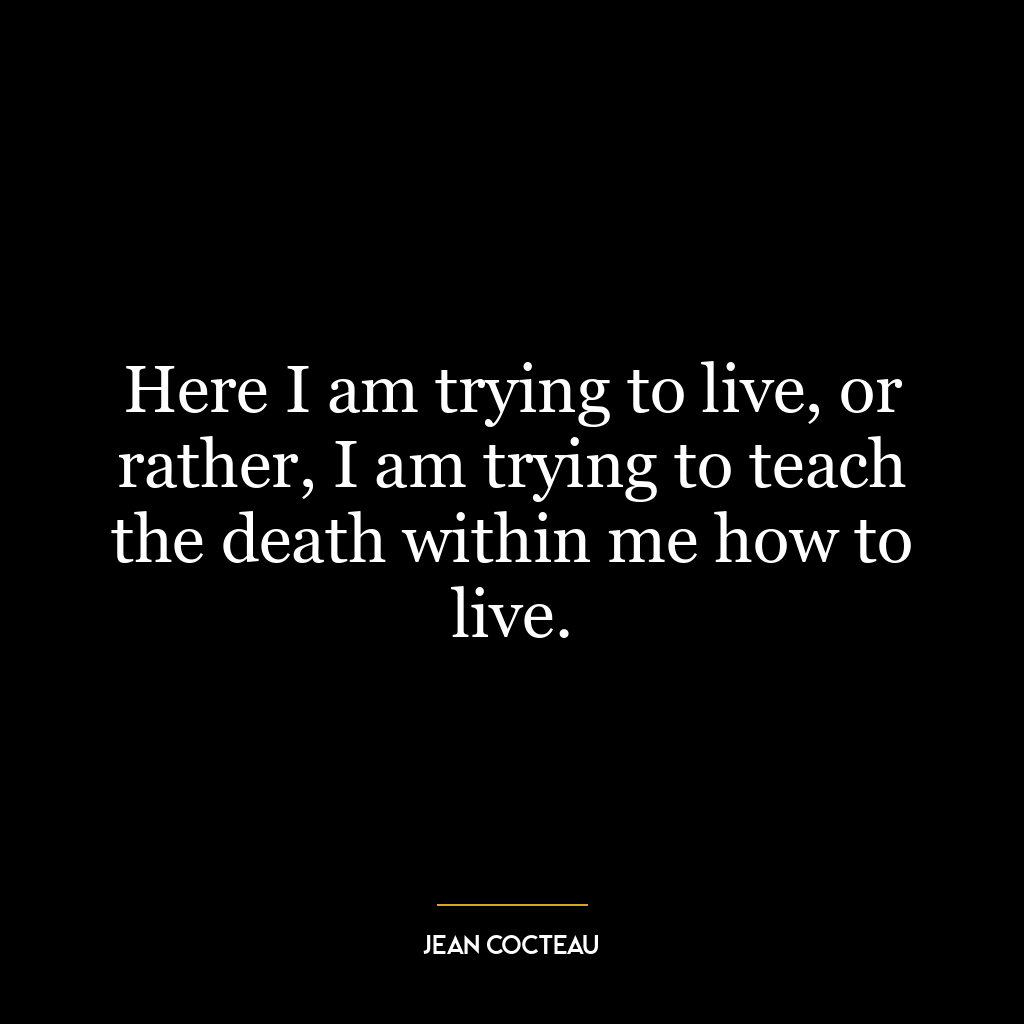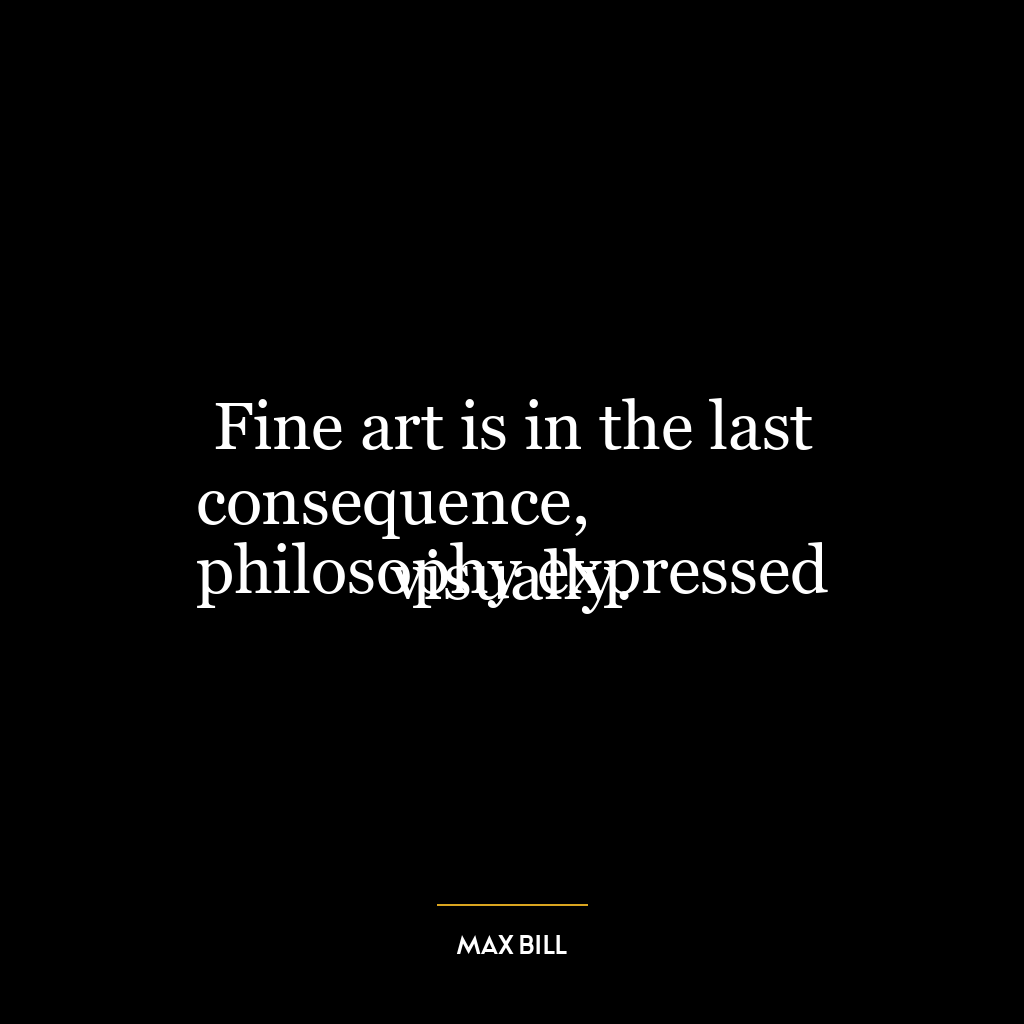I do not know how to teach philosophy without becoming a disturber of established religion.
This quote suggests that the teaching of philosophy, by its very nature, challenges established religious beliefs. Philosophy encourages critical thinking, questioning, and exploration of different ideas and theories about existence, knowledge, values, reason, mind, and ethics. This can often lead to questioning or challenging the established doctrines of religion, which are typically accepted on faith rather than empirical evidence or logical reasoning.
For instance, many religions have specific beliefs about the origin of the universe or the nature of morality, which may be questioned or contradicted by philosophical theories. Therefore, a teacher of philosophy may inevitably become a "disturber" of established religion, not necessarily out of a desire to undermine religious beliefs, but simply as a result of encouraging philosophical inquiry.
In today’s world, this idea is highly relevant. We live in a time of great diversity and pluralism, where many different religious beliefs coexist, and where secular and atheistic perspectives are also widespread. The teaching of philosophy can help individuals navigate this complex landscape, by providing them with the tools to question, analyze, and critically evaluate different beliefs and ideas. This can lead to a deeper understanding and appreciation of one’s own beliefs, as well as those of others.
In terms of personal development, philosophy can play a crucial role in helping individuals formulate their own worldview, rather than simply accepting established beliefs uncritically. This can lead to greater intellectual independence, open-mindedness, and the ability to engage in thoughtful and respectful dialogue with others who have different beliefs. Therefore, while the teaching of philosophy may disturb established religion, it can also enrich it, by fostering a deeper and more nuanced understanding of religious beliefs.












